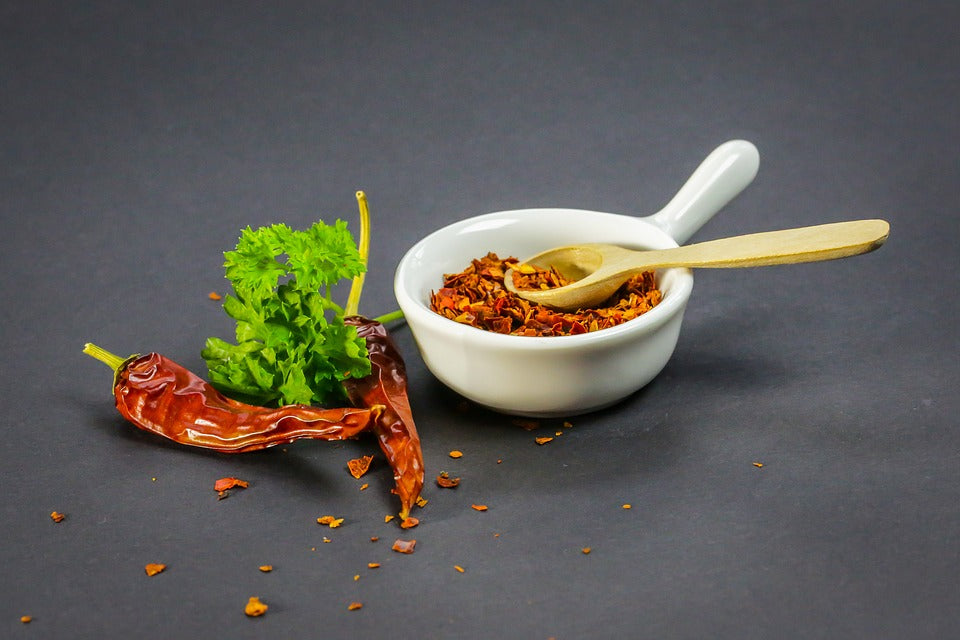Offer
Provide additional details about the offer you're running.
Provide additional details about the offer you're running.
Provide additional details about the offer you're running.

No matter where you live, the battle between birder and squirrel has been brewing since the advent of backyard bird feeders. While there is certainly a large cohort of birders that welcome our bushy-tailed friends to their seed and feeders, there are definitely those that do not.
A quick search on Google about ways to deter squirrels and other mammals from raiding your bird feeders will turn up a plethora of results. Everything from quirky antidotes, far-fetched stories from the past, home remedies and a number of products can be found among these listings, some more effective than others.
One such remedy or idea that floats around the birding community is the addition of hot pepper to bird seed and feeders with hopes of deterring mammals from consuming the seed. While there may be some evidence out there that confirms the notion that squirrels and other small mammals detest the spiced version of bird seed, there is no real evidence yet documented on how it could affect our backyard birds, particularly in the long run.
Capsaicin
Capsaicin is an active component found in chilli peppers and as most of us know, acts as an irritant producing a sensation of burning in any tissue that it comes in contact with. Capsaicinoids are also used in a number of riot control and personal defence agents such as pepper spray and bear spray products so it is not hard to imagine the true effectiveness of such an ingredient.
How it affects our birds is still debatable in many circles, with most claiming that bird species are relatively insensitive to capsaicin. While this hypothesis might hold some truth, the fact remains that there have been very little in the way of long-term studies to determine the validity of this claim.
When it comes to mammals, for example, studies surrounding the acute oral toxicity of capsaicin in mice and rats has been heavily documented and the results are astounding. One study indicated that specimens displayed toxic symptoms such as salivation, erythema of skin, staggering gait, cyanosis, tremor, clonic convulsion and died within 4 to 26 minutes of consumption.
Other studies indicated that capsaicin was also proven to cause rapid and significant hypothermia and rats, often resulting in death.
Translate these results to our birds and it is not hard to determine that, especially during the winter months, the ingestion of such an agent could certainly be fatal. The average cardinal weighs somewhere in the neighborhood of about 42 grams, with even low doses of capsaicin proven to instill hypothermia and interfere with the uptake of glucose, these and other smaller birds could certainly have a hard time surviving the bitterly cold nights we are accustomed to here in the Ottawa area.
Natural Solutions
While some might argue this solution to be “natural”, they are correct. The agent found in hot chilli peppers is completely natural but not one sought out by our backyard birds on a regular basis.
The fact remains that the safest and most effective way to deter squirrels and other mammals from your bird feeders is to design and install the proper solution. Whether it is one of our Squirrel Buster products or a complete pole system with squirrel baffle, these solutions are more than capable of keeping ol’ bushy tail out of your feeders.
The best part of all? We guarantee they are safe for all species that come in contact with them.
High Quality Blend